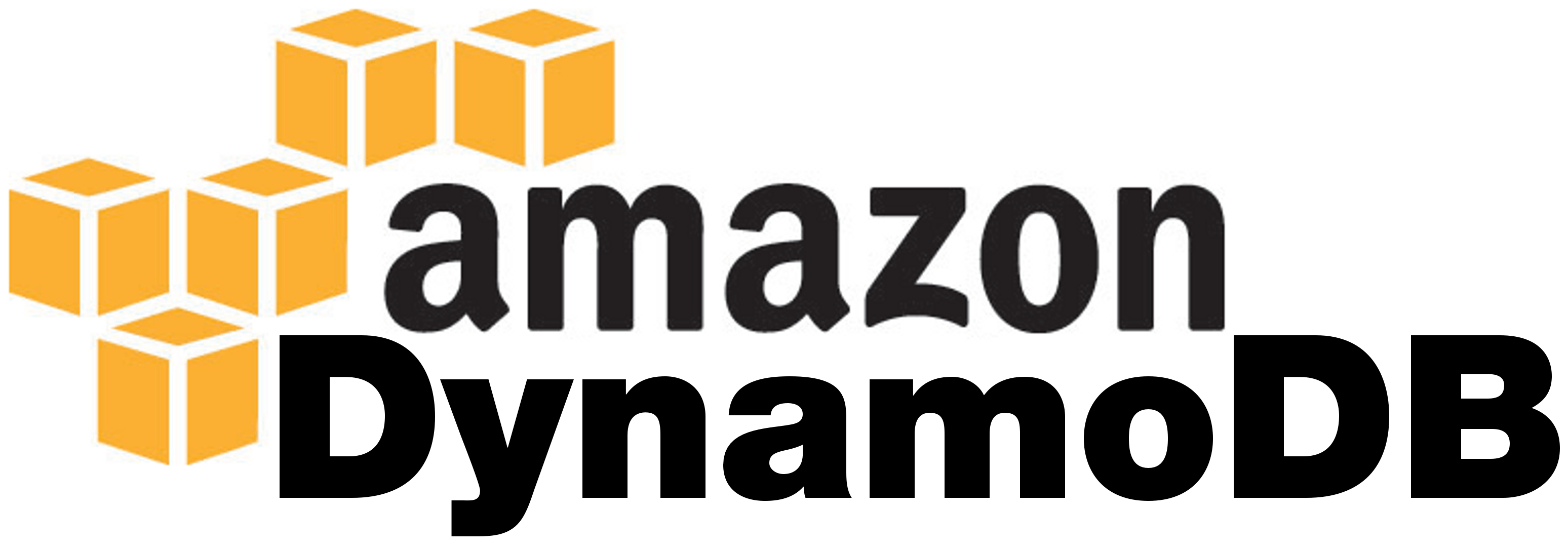
DynamoDB Local is a locally running copy of Amazon DynamoDB server. Amazon developed the tool and based it on SQLite. It acts as a real DynamoDB service through the RESTful API.
I guess, DynamoDB Local is meant to be used in integration testing and this is how we’re going to use it below.
I use Maven to run all of my Java integration testing using maven-failsafe-plugin. The philosophy of integration testing with Maven is that you start all your supplementary test stubs during the pre-integration-test phase, run your tests in the integration-test phase and then shutdown all stubs during the post-integration-test.
It would be great if it were possible to use DynamoDB Local that way. I didn’t find any Maven plugins for that purpose, so I decided to create my own—jcabi-dynamodb-maven-plugin.
Full usage details for the plugin are explained on its website. However, here is a simple example (get its latest versions in Maven Central):
<plugin>
<groupId>com.jcabi</groupId>
<artifactId>jcabi-dynamodb-maven-plugin</artifactId>
<executions>
<execution>
<goals>
<goal>start</goal>
<goal>stop</goal>
</goals>
<configuration>
<port>10500</port>
<dist>${project.build.directory}/dynamodb-dist</dist>
</configuration>
</execution>
</executions>
</plugin>
The above configuration will start DynamoDB Local right before running integration tests, and then stop it immediately afterwards. The server will listen at TCP port 10500. While the number is used in the example, you’re supposed to use a randomly allocated port instead.
When the DynamoDB Local server is up and running, we can create an integration test for it:
import com.amazonaws.auth.BasicAWSCredentials;
import com.amazonaws.services.dynamodbv2.AmazonDynamoDB;
import com.amazonaws.services.dynamodbv2.AmazonDynamoDBClient;
import com.amazonaws.services.dynamodbv2.model.ListTablesResult;
public class FooITCase {
@Test
public void worksWithAwsDynamoDb() {
AmazonDynamoDB aws = new AmazonDynamoDBClient(
new BasicAWSCredentials("", "")
);
aws.setEndpoint("http://localhost:10500");
ListTablesResult list = aws.listTables();
for (String name : list.getTableNames()) {
System.out.println("table found: " + name);
}
}
}
Of course, there won’t be any output because the server starts without any tables. Since the server is empty, you should create tables before every integration test, using createTable() from DynamoDB SDK.
To avoid this type of extra hassle, in the latest version 0.6 of jcabi-dynamodb-maven-plugin we introduced a new goal create-tables:
<plugin>
<groupId>com.jcabi</groupId>
<artifactId>jcabi-dynamodb-maven-plugin</artifactId>
<executions>
<execution>
<goals>
<goal>create-tables</goal>
</goals>
<configuration>
<tables>
<table>${basedir}/src/test/dynamodb/foo.json</table>
</tables>
</configuration>
</execution>
</executions>
</plugin>
The foo.json file used above should contain a JSON request that is sent to DynamoDB Local right after it is up and running. The request should comply with the specification of CreateTable request. For example:
{
"AttributeDefinitions": [
{
"AttributeName": "id",
"AttributeType": "N"
}
],
"KeySchema": [
{
"AttributeName": "id",
"KeyType": "HASH"
}
],
"ProvisionedThroughput": {
"ReadCapacityUnits": "1",
"WriteCapacityUnits": "1"
},
"TableName": "foo"
}
The table will be created during the pre-integration-test phase and dropped at the post-integration-test phase. Now, we can make our integration test much more meaningful with the help of jcabi-dynamo:
import com.jcabi.dynamo.Attributes;
import com.jcabi.dynamo.Conditions;
import com.jcabi.dynamo.Credentials;
import com.jcabi.dynamo.Region;
import com.jcabi.dynamo.Table;
import org.hamcrest.MatcherAssert;
import org.hamcrest.Matchers;
public class FooITCase {
@Test
public void worksWithAwsDynamoDb() {
Region region = new Region.Simple(new Credentials.Simple("", ""));
Table table = region.table("foo");
table.put(
new Attributes()
.with("id", 123)
.with("name", "Robert DeNiro")
);
MatcherAssert.assertThat(
table.frame().where("id", Conditions.equalTo(123)),
Matchers.notEmpty()
);
}
}
The above test will put a new item into the table and then assert that the item is there.
The plugin was tested with three operating systems, and proved to work without problems: Mac OS X 10.8.5, Windows 7 SP1 and Ubuntu Linux 12.04 Desktop.


